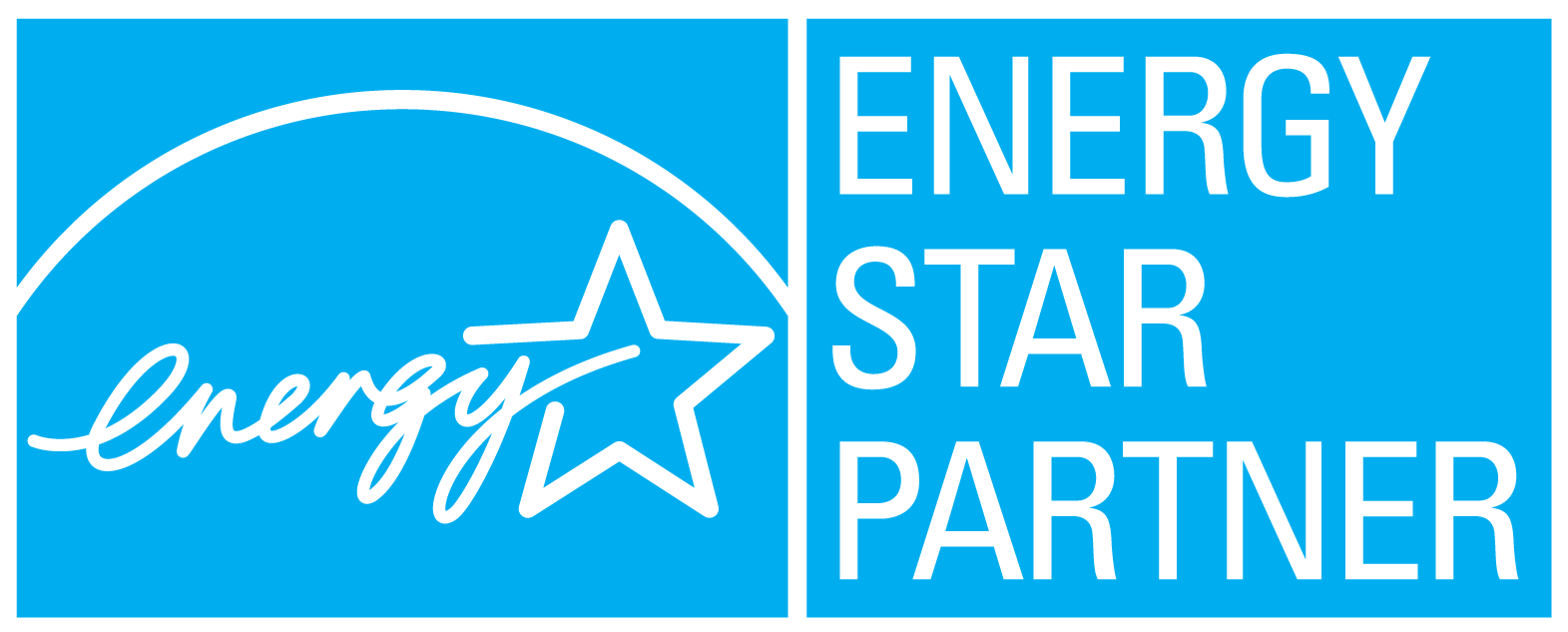The Maryland Building Energy Performance Standards (BEPS):
The Maryland Building Energy Performance Standards (BEPS), a key component of the Climate Solutions Now Act (CSNA) of 2022, signify a pivotal advancement toward environmental sustainability and energy efficiency within the state’s building sector. The introduction of BEPS necessitates a strategic approach to compliance and the navigation of potential economic impacts. Here’s what you need to know to stay out ahead of these stringent requirements.
This initiative, specifically aimed at buildings over 35,000 square feet, sets forth ambitious goals across a wide array of buildings. The primary goals are twofold: to significantly reduce direct greenhouse gas or GHG emissions and to enhance overall energy use intensity (EUI) across Maryland’s sizable building stock. The Maryland Department of Energy has also set some ambitious deadlines to achieve these goals and it is crucial to be aware of the timeline of when each stage of requirements will be implemented.
For example, starting in 2025, owners of covered buildings are required to measure and report their energy use using the Environmental Protection Agency’s (EPA) ENERGY STAR Portfolio Manager tool to indicate how efficiently energy is being used on-site. This can also be done through an Energy Use Index which describes how efficiently energy is used in a building based on its category and compares it with the category’s national median.
To add on to that, by 2030 covered buildings are expected to achieve a 20% reduction in net direct GHG emissions compared to average 2025 levels. The goal is to reach net-zero direct GHG emissions by 2040, which is an extremely aggressive push as other states have given a much wider timeline to allow these reductions to take place.

As you can see in the table above, it illustrates the amount of CO2 emissions that will be allowed in the coming years for Maryland, Massachusetts, and New York City. Maryland is the most aggressive in its implementation of GHG emission reduction requirements compared to Massachusetts and New York City. Building owners must adhere to these performance standards concerning GHG emissions and site EUI, or opt for penalties or alternative compliance methods which involve fees for excess emissions.
Implications for Business Owners:
The implementation of BEPS is not without its financial impacts on businesses. For business owners, this could mean large investments in energy efficiency measures and electrification technologies, which means that business owners might have to bear large initial upfront costs to improve their pre-existing technologies. However, these upfront costs are argued to be offset by long-term savings in energy expenses, leading to net positive financial outcomes over time. Moreover, the standards aim to alleviate the burden on Maryland’s electric grid infrastructure by reducing peak electricity demand, contributing to broader economic benefits through enhanced grid efficiency and reliability.
Compliance and Opportunities:
For business owners, compliance with Maryland’s BEPS involves a few critical steps. Firstly, engaging in the mandatory benchmarking process starting in 2025 will be essential. Additionally, owners will need to evaluate their buildings’ current energy performance against the forthcoming standards and plan for necessary upgrades or improvements. While this may be a challenge, it offers a valuable opportunity for business owners to audit their buildings for any possible improvements that can be made to pre-existing systems.
Conclusion:
The introduction of the Maryland Building Energy Performance Standards marks a significant step forward in the state’s commitment to combating climate change and promoting energy efficiency. With ambitious goals and requirements that are being implemented by the Maryland Department of Energy, businesses owners will have to brace for the financial repercussions of these aggressive policies. Navigating these new regulations will require timely planning, investment, reporting and engagement with state authorities.
Our team at Sunlight Energy Group has considerable expertise spanning multiple states with existing comparable regulatory compliances. We can assist your business in streamlining the reporting process, thereby reducing costs, as we manage these aspects in-house, ensuring both compliance and financial efficiency for your business.




